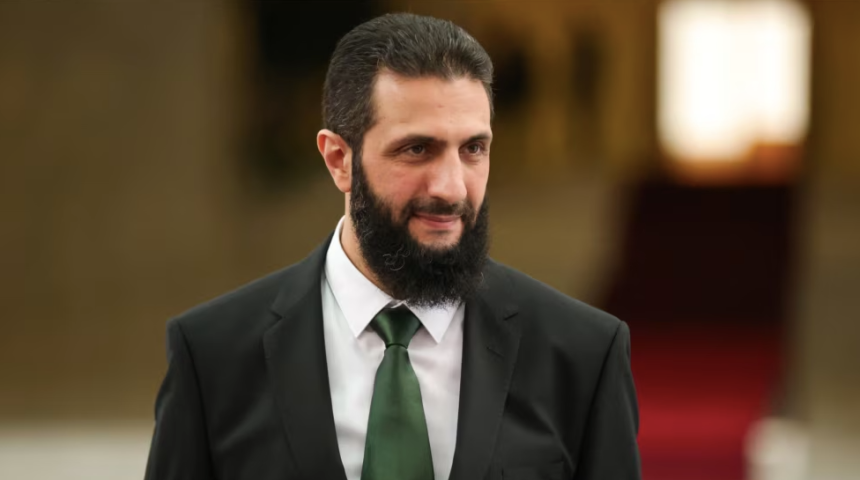Syrian and Israeli officials have agreed to continue talks aimed at de-escalating the ongoing conflict in southern Syria, following a U.S.-mediated meeting held in Paris, Syria’s state-run Ekhbariya TV reported on Saturday.
The report marks the first official confirmation from the Syrian government that such talks are taking place. A diplomatic source described the initial discussions as “honest and responsible,” though no final agreement was reached.
The negotiations, facilitated by U.S. envoy Tom Barrack, brought together representatives from Syria’s foreign ministry and intelligence circles, highlighting the seriousness of the deteriorating situation in the province of Sweida. Since early December, Sweida has witnessed deadly clashes involving Druze fighters, Sunni Bedouin tribes, and Syrian government forces. Hundreds of casualties have been reported.
Israel’s involvement in the region has added a layer of complexity. In recent weeks, Israeli airstrikes targeted Syrian government forces, citing the need to prevent mass killings of the Druze population. The Israeli military described its actions as a humanitarian intervention, while Damascus views the strikes as an escalation of hostilities.
The violence in Sweida underscores the enormous challenges interim President Ahmed al-Sharaa faces in stabilizing a fractured nation. Despite recent overtures toward the United States and limited cooperation with Israeli security entities, the situation on the ground remains volatile.
The Syrian delegation reportedly held Israel responsible for the latest escalation, accusing it of continuing “hostile policies” that endanger regional stability. Syrian officials also emphasized that Damascus would reject any attempts to impose “new realities on the ground.”
According to the diplomatic source cited by Ekhbariya, the meeting in Paris was framed as an “initial consultation” intended to reduce tensions and open communication channels between the long-time adversaries.
While the talks did not produce a concrete agreement, both sides have expressed willingness to continue dialogue, a rare development in the decades-long hostile relationship between Syria and Israel. As violence continues to surge in southern Syria, the path toward de-escalation remains uncertain but newly possible.

